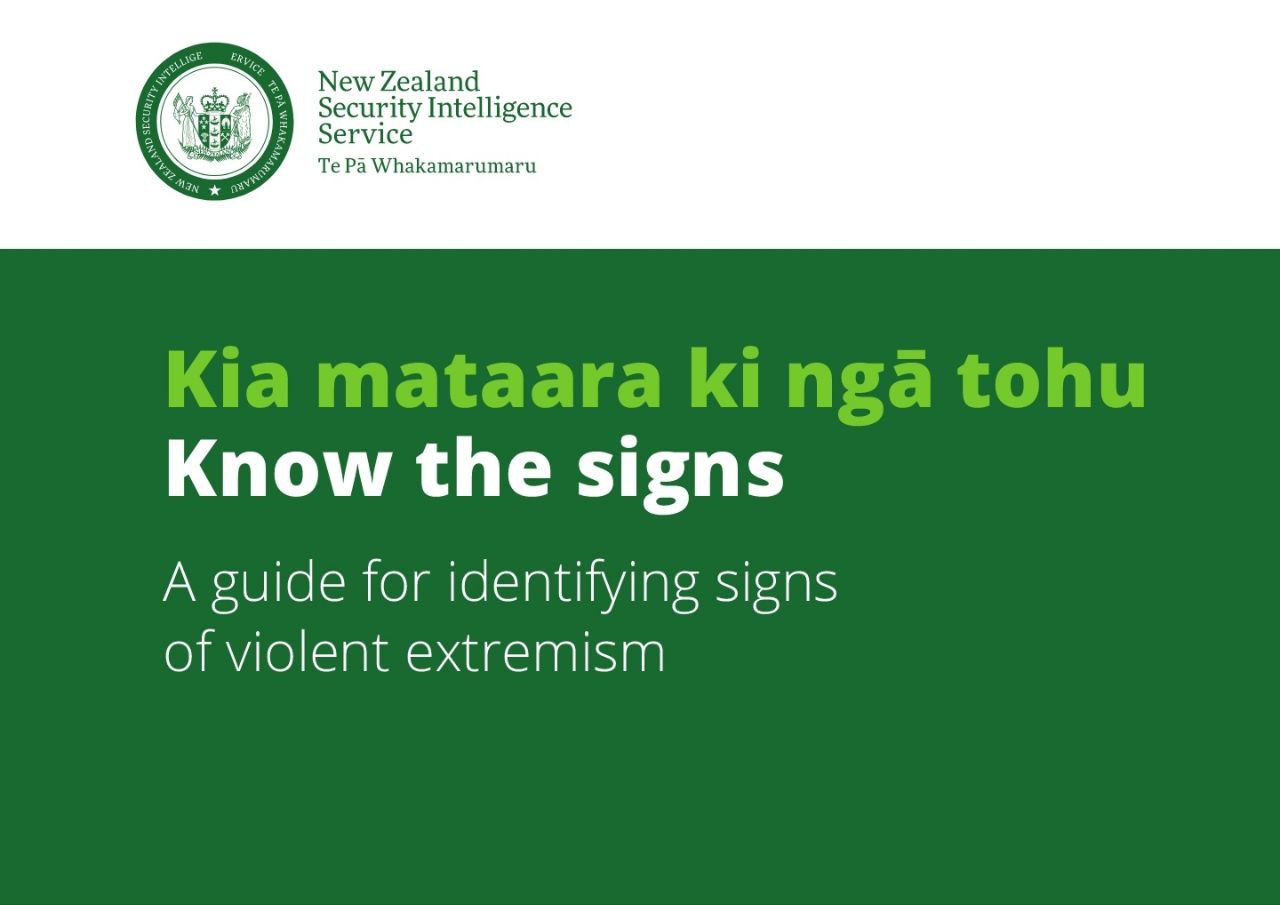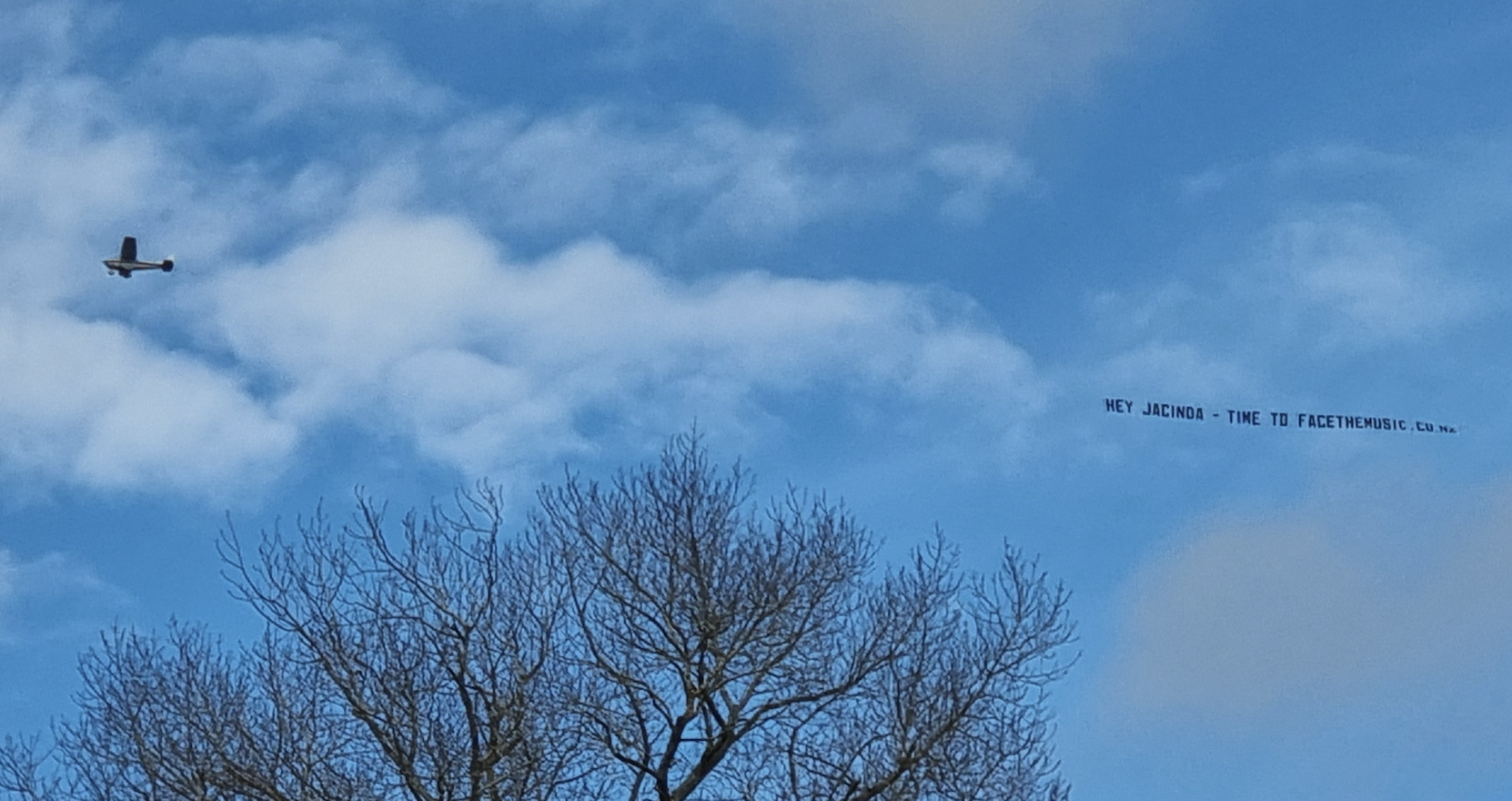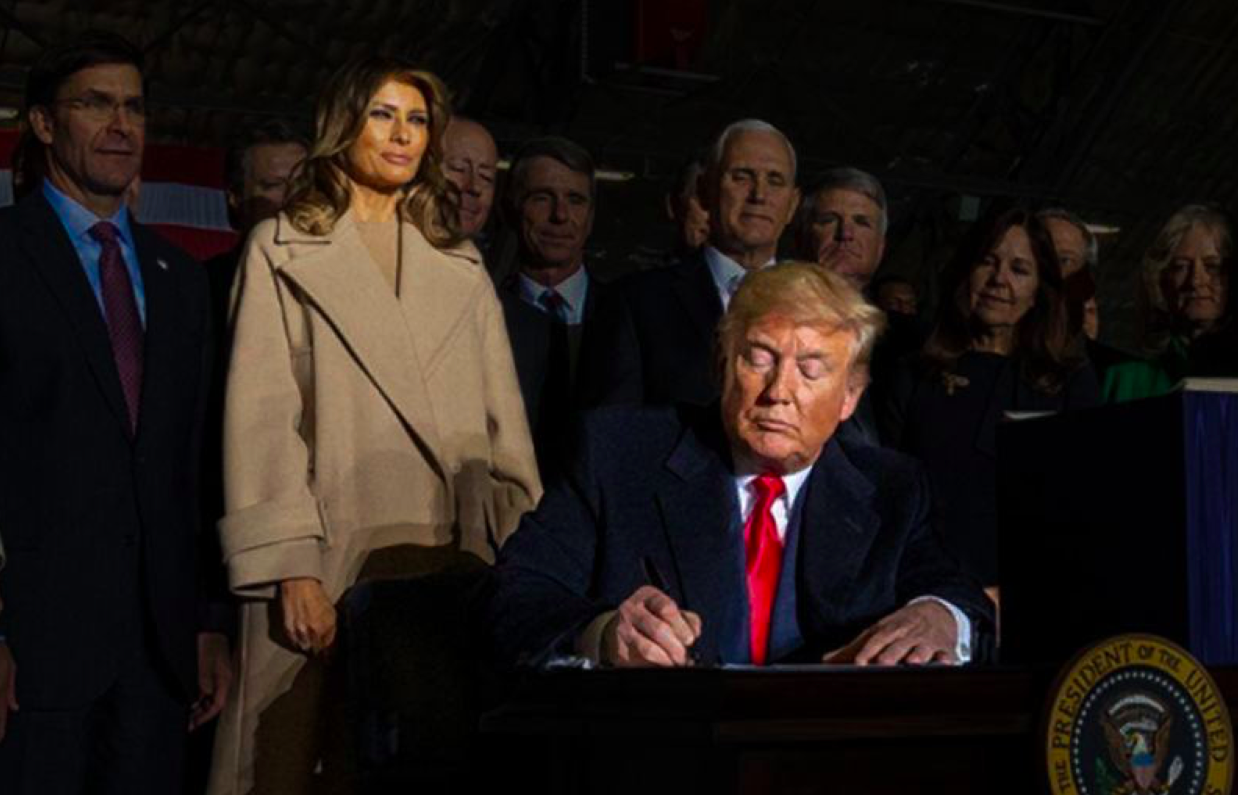
Are (You) A Domestic Terrorist?
By Vince McLeod.
17 November 2022
The New Zealand Government took another leaf out of the authoritarian playbook recently. The NZ Security Intelligence Service (NZSIS) published a guide for Kiwis keen to rat out one of their friends or neighbors for wrong-thinking. Titled ‘Know the signs – A guide for identifying signs of violent extremism‘, the booklet marks another step in New Zealand’s descent into dystopia. VJM Publishing examines.
The document opens with a foreword by the ghoulish Director-General of the NZSIS, Rebecca Kitteridge. She explains that the NZSIS wants “to help New Zealanders feel more confident about stepping forward” to rat out their friends and neighbors. Apparently, this is necessary in order to combat violent extremism, as one of the NZSIS’s core missions “is to detect violent extremists”.
The reader must note here that “violent extremist” has a very specific definition (as we will get to later). Mongrel Mob members, for example, are not considered violent extremists. The Government is happy to let violent extremists run free if they’re in gangs, because gangs mostly prey on working-class people. The NZSIS is after a different sort of violent extremist.
“We all have a role to play in keeping each other safe,” Kitteridge proclaims. To that end, we’re all obliged to report to the NZSIS any behavior that might be concerning. “If you see something, say something,” the booklet demands, in an ominous echo of the wartime admonitions to help uncover enemy spies.
On page six it states the NZSIS’s wish for people “to report any behaviors or activities they come across that resemble any of the indicators described in this guide, or that feel concerning.” As we will see, the net has been cast so wide that almost every Kiwi with an original thought is now a suspected terrorist.
On page eight we are informed that, “Extreme ideologies can be based on faith, social or political beliefs that exist on the fringes of society, outside the more broadly accepted views and beliefs of most people.” This normative approach to extremism reveals that Kitteridge and the NZSIS are doing the Establishment’s bidding. If society believes that the Earth is flat, then saying it’s round is extremism.
More alarming is the assertion that violent extremists may seek, “to create a community based on their ideology.” The fact is that you, the reader, are a head of human livestock, and you’re not allowed to seek out self-governance, any more than a slave is allowed to leave a plantation. Your community is that of the New Zealand Government, and they speak for you, as the sole source of truth.
The booklet gives the game away when it says, “Extremists may seek to radically change the nature of government, religion or society.” This demonstrates that the NZSIS has no interest in truth, freedom or justice. Their interest is simply to maintain the status quo. Therefore, whoever has power is assumed to deserve to have power. The NZ Government is infallible, and so anyone wishing to radically change it is an extremist.
We are warned that, “Violent extremists take these ideologies further and justify using violence to achieve radical changes.” Note that only violence used to achieve radical changes is considered bad. Violence used to maintain the existing order is of no concern. As such, the Government’s violence against the people, such as during the Wellington Protest or during the War on Drugs, is of no concern here.
The real material of interest begins on page twelve, with the section titled ‘The indicators of violent extremism’.
Under ‘Mindset and ideology’, the booklet asks us to watch out for the person who “consumes violent extremist videos, media, music or messaging”. The irony here is that the vast majority of violent extremist media consumed in New Zealand is consumed through watching the television news, and Normie television-watchers are far more dangerous than anyone else.
On that topic, we’re told to watch out for the person who “develops a hostile ‘Us-Versus-Them’ worldview” and who “makes dehumanising, hostile or violent statements against individuals or groups they perceive as ‘the enemy’ or the ‘other’.” Never in New Zealand history were people dehumanised as much as people who didn’t take the Coronavirus vaccine were in recent years – but the NZSIS isn’t interested in that.
Under ‘Association and relationships’, we’re told to watch out for anyone who “seeks a following to promote their cause.” Realistically this means anyone with even the remotest chance of having successful political influence. The subtext of this booklet is by now becoming clear: anyone who doesn’t submit to The Powers That Be is a security concern.
Even more worrying is being asked to watch out for anyone who “becomes involved in a group […] where extremist ideas are discussed.” No VJM Publishing Chan Chat TeleGram channel. No 4chan. Not even an Aotearoa Legalise Cannabis Party forum. No politics are to be discussed by you at all, pleb! Just turn on the television and receive your thoughts for the next 24 hours!
Under ‘Research and planning’ comes the warning to watch out for anyone who “searches for offshore conflicts related to their ideology.” So anyone with an interest in history is now a terrorist suspect. If you want to broaden your knowledge of the practical realities of your ideology – terrorist. Interested in World War Two? Terrorist.
After these hysterical and paranoid sections come a couple of sections of sanity. Under ‘Gathering knowledge, skills and resources’ the booklet asks us to look out for anyone who “suddenly or unusually develops a stockpile of knives, firearms or explosive materials.” Under ‘Preparation’ it calls for us to be wary of anyone who “declares intent to conduct a terrorist or violent extremist act.”
Entirely reasonable – but this hardly had to be asked for. Surely any sane person would contact the authorities if they heard someone else say they were going to commit an act of terrorism?
The next section, ‘Security awareness’, returns us to the madness, asking us to watch out for anyone who “uses fake names, aliases or pseudonyms when online or within specific communities” (90% of Internet users) or “creates exclusive groups on secure forums or messaging apps” (80% of Internet users). Again the common refrain: almost any of your neighbors, friends or workmates could be a terrorist waiting to strike.
Even more psychotic is the request to watch out for anyone who “becomes secretive about their activities with associates” or “provides limited or false information when questioned about future plans”. In Ardern’s New Zealand, just like in East Germany under the Stasi, secrecy is itself guilt. If you don’t want people prying into your affairs, you’re a terrorist suspect.
Hilariously, this section comes with a proviso that security awareness on its own is not enough to suspect that a person might be a terrorist. The obvious reason for this is because almost all NZSIS officers themselves would fall foul of almost all criteria here (which is why you’ve never spoken to an NZSIS officer using their real name on the Internet).
The final section, ‘Unusual changes in behavior’, asks us to keep an eye out for basically anyone with a mental illness. Actions such as “withdraws from or abandons close relationships”, “appears withdrawn or prone to sudden outbursts” and “stops participating in regular and established commitments” are all classical signs of depression or anxiety, which most of us are suffering from acutely in the 22nd year of Clown World.
In summary, the ultimate effect of this document will be to spread suspicion, mistrust, hate and fear between and among all communities in New Zealand. This may have been its intent, or the Government might still be chimping out in the wake of the Christchurch mosque shootings.
If you enjoyed reading this article by Vince McLeod, you can read a lot more of his work in The Best VJM Publishing Essays and Articles from 202, available from Amazon as a Kindle Ebook or paperback.
🔄 Counterspin
NZs Media Revolution
Facts & Evidence based
Not a pay to say platform
www.counterspinmedia.com
-
-
Thursday - November 17, 2022 - New Zealand
(126) - NZ Government
(87)




Leave a Comment